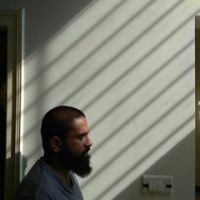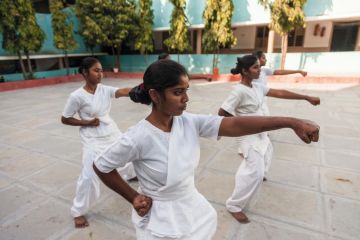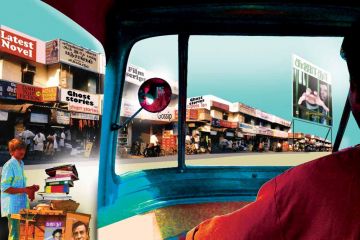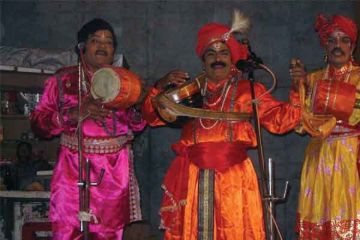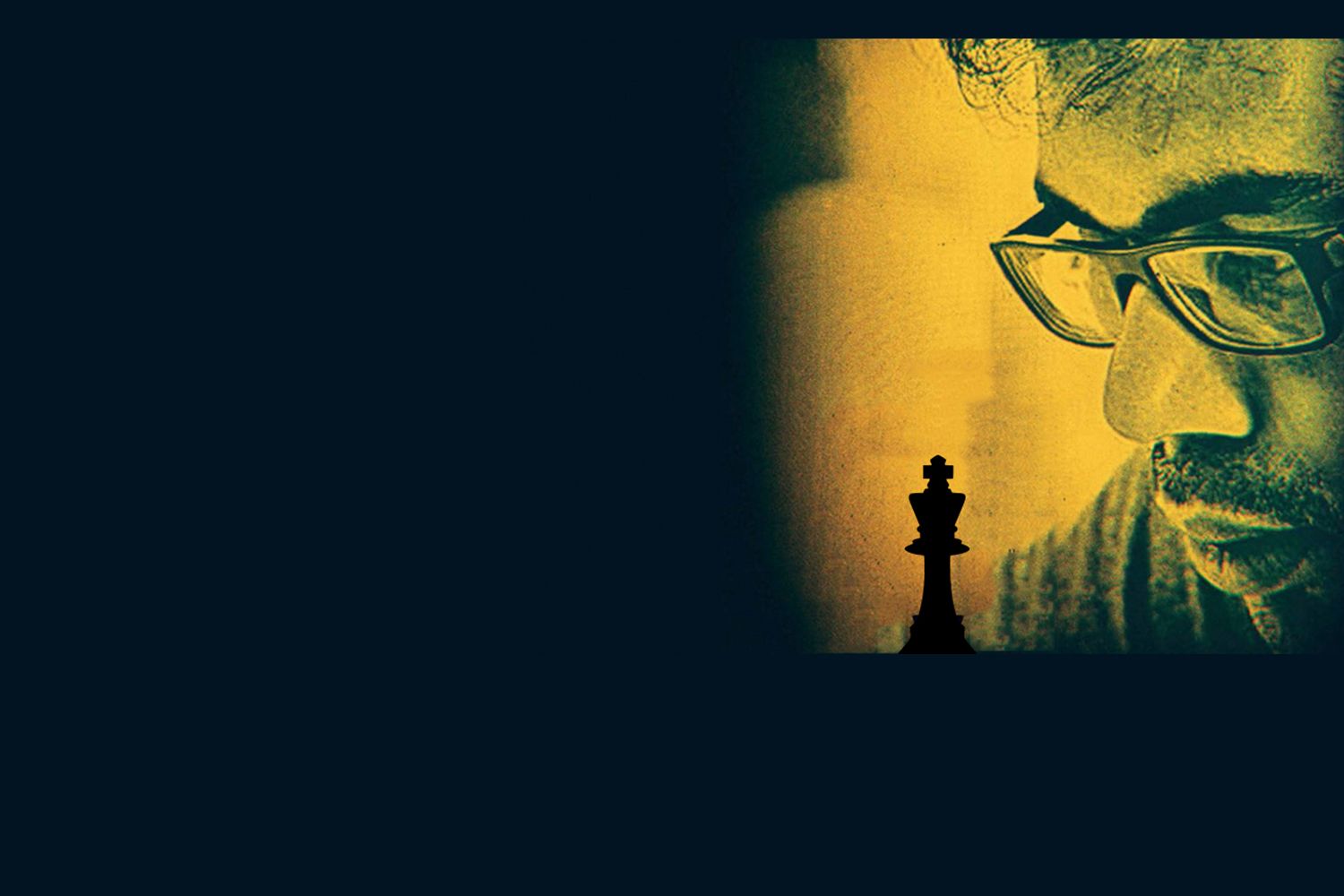
Kishan Gangolli had made up his mind. It was a decision he had long contemplated and dreaded at the same time. On the eve of the 13th edition of the All India Chess Federation for the Blind’s (AICFB) National ‘A’ chess championship in Mumbai in February, the defending champion and four-time winner was quitting the game at the peak of his career, and on the cusp of greater glory. Instead, the 25-year-old from Shivamogga, Karnataka, would write a clerical exam whose dates clashed with the to

